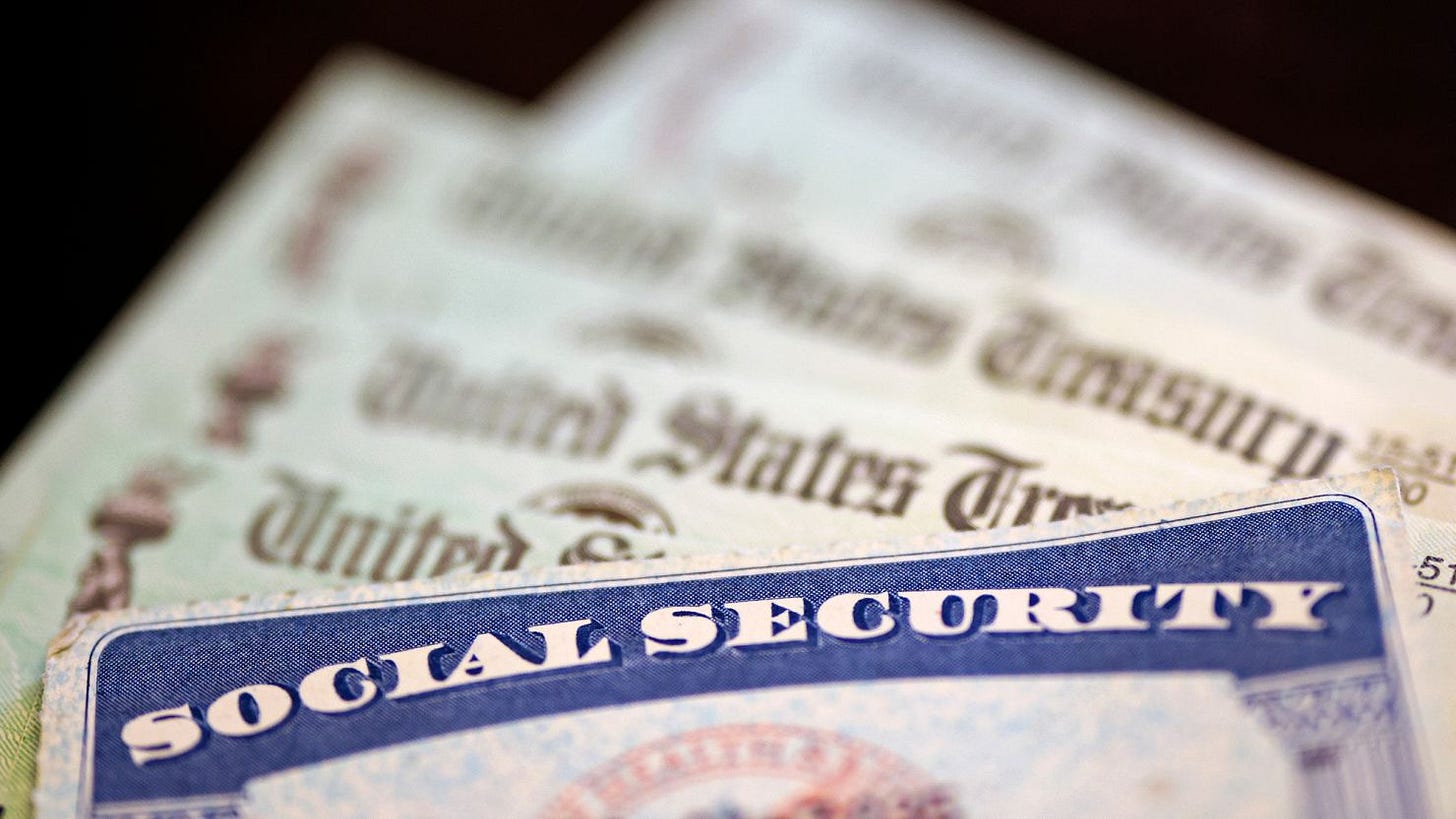Social Security Excuses
Three Texas counties demonstrate how much better a private system can be.
by Rod D. Martin
December 15, 1997
When, several weeks ago, this column called for the privatization of Social Security, showing in great detail how every American could retire on twice their working-years income, it did not make its opponents on the Left happy. Feedback was swift: "how dare you play with people's futures," demanded one writer. "Under your plan, if the stock market crashed, millions of old ladies would be turned out on the streets to die," shrieked another.
This was exactly the response we've all come to expect from liberals: shrill, emotional, and dumb. It also showed an amazing ignorance of the market's ability to create different solutions for different needs. While the Left has forced nearly every American into its one-size-fits-all Social Security Ponzi scheme for half a century, it has completely failed to grasp the immeasurable creativity of Adam Smith's invisible hand.
Fortunately, others have not been so blind.
Taking advantage of a loophole in the Social Security…




